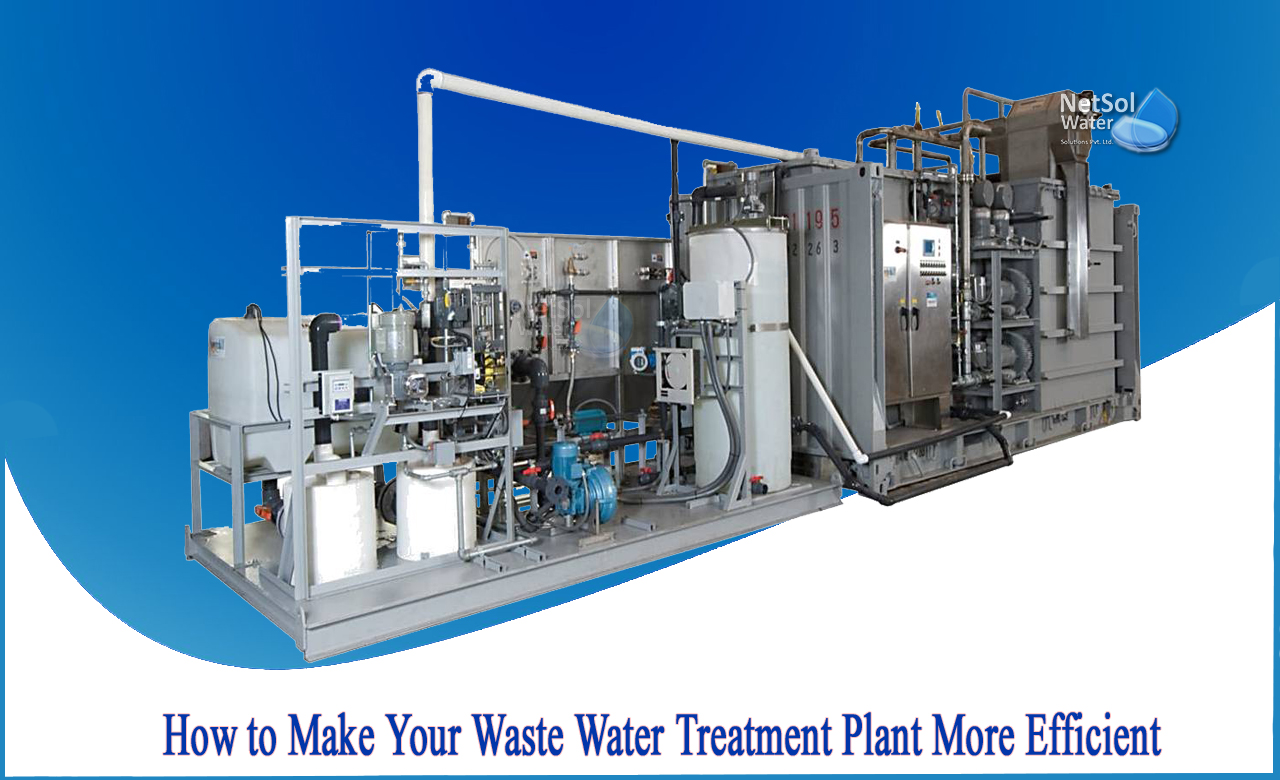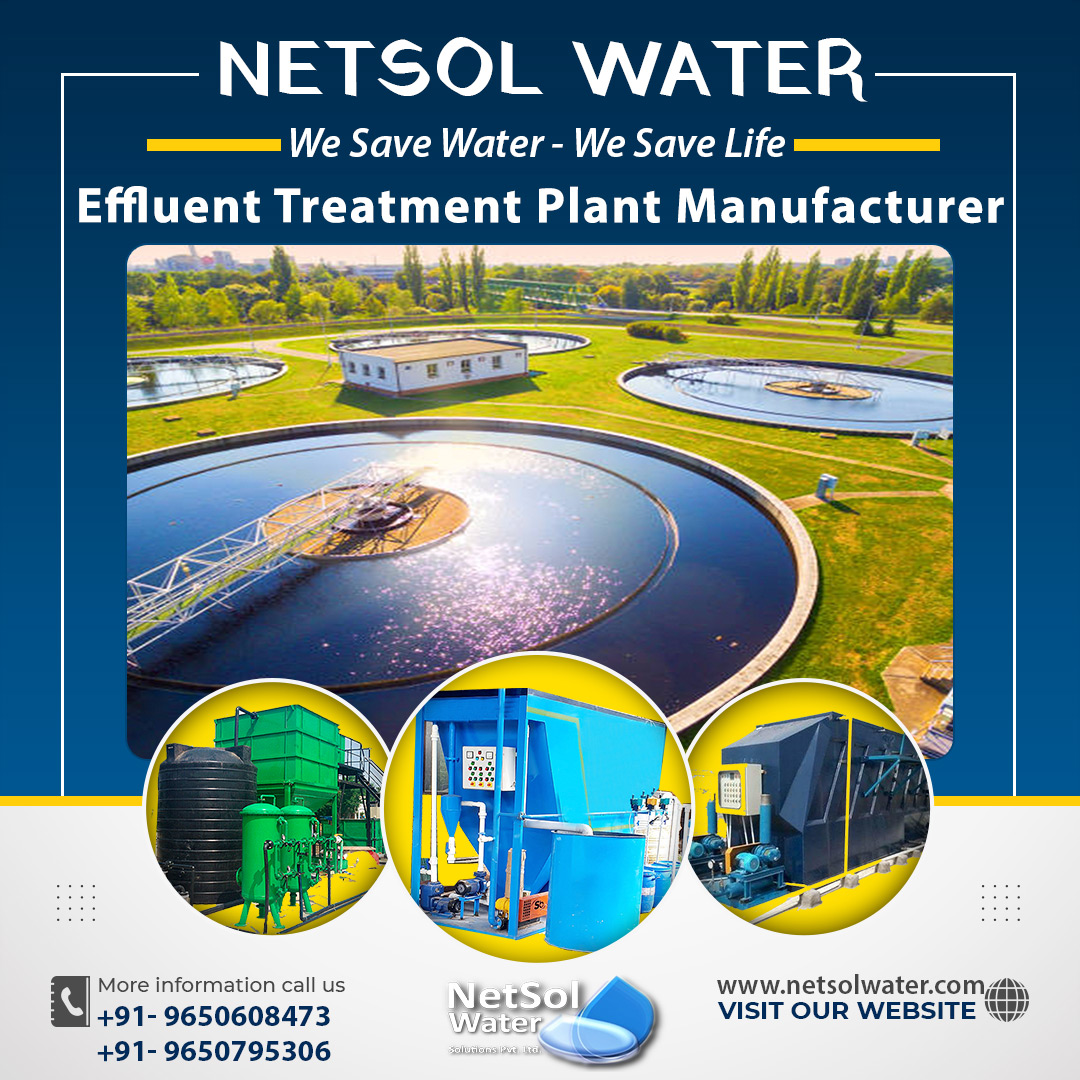How to make your Waste Water Treatment Plant more efficient?
Against the backdrop of the global water crisis, municipalities are under more pressure than ever to treat water efficiently. Waste Water treatment plant (WWTP) operators should analyze the plant's water treatment performance on a regular basis to ensure that systems are using the most efficient equipment and technology. It can be extremely expensive when water treatment plants are not operating efficiently.
Inefficient and outdated pumping and process equipment, combined with outdated water management practices, can result in higher operating costs and lower revenue collected, negatively impacting a treatment plant's bottom line. A few simple steps outlined below can assist water treatment plants in improving water efficiency and realizing potential cost savings by reducing water waste:
1-Conduct a self-evaluation
Benchmarking has become an important practice in the industry for setting, promoting, and achieving performance goals. It not only assists managers and regulators in identifying historical trends, but it also assists in determining today's baseline performance and quantifying relative performance across utilities in order to plan for the future and beyond. Water treatment plant operators should start by completing the WRF's (Water Resource Foundation) self-assessment. The self-assessment is a useful tool for utilities in identifying performance gaps and developing strategies to close those gaps.
2-Technology should be evaluated
With a better understanding of the efficacy of current water practices, the next step is to assess the technology used to produce water. Most surface water treatment plants, for example, have a water filtration process that can easily consume large amounts of water and energy.As a result, it's critical to conduct a technology audit to ensure that infrastructure is running smoothly. Filter technology that requires less backwash water is now commonplace in the market, but infrastructure in water treatment plants that have been in place for five to ten years may be using more backwash water than is necessary. Managers of treatment facilities should assess their technology and replace it as needed with more efficient products and solutions.
3-Conduct a pump audit
Pumps are used in a wide range of water-processing technologies. Traditional practice, particularly in plants older than ten years, is to design pumps based on peak plant flow, when these pumps actually operate at a variable flow based on seasonality and system demand. As a result, many pumps are excessively large. Constant-speed pumps that cycle on and off use more water than necessary, resulting in water and energy waste. As a result, plants should replace constant speed pumps with variable frequency drives (VFDs) to reduce water waste and energy consumption while also avoiding pump wear and tear caused by on-off cycling.
4-Put in smart technology
Water treatment plants should consider implementing smart metering technology to monitor their distribution network when it comes to water management practices. This can help to reduce non-revenue water waste. Smart technologies such as Automated Meter Reading (AMR) and Advanced Metering Infrastructure (AMI) assist utilities in benchmarking performance and optimizing infrastructure. AMR automatically collects consumption, diagnostic, and status information from water meters without the need for a manual meter read, streamlining and improving data collection accuracy. The data, when combined with analytics, can assist utilities and their customers in better managing water use. AMI enables utilities to make near-real-time decisions based on performance and insights.
5-Review the data
The final step is to access and analyze the data in order to evaluate infrastructure performance and determine what changes are required to further improve efficiencies. Because many water treatment facilities were built without much thought given to data acquisition, treatment plant managers must ensure they are measuring and monitoring the appropriate efficiency parameters. Monitoring for leaks in the distribution network, backwash water rates tied to filter quality output, sludge thickening rates, and smart pump operation using VFDs are all important efficiency parameters. Water treatment plant operators should evaluate their water management practices on a regular basis to ensure that the plant is operating efficiently, reducing energy costs and improving water conservation efforts.
For more details, contact Netsol water.




